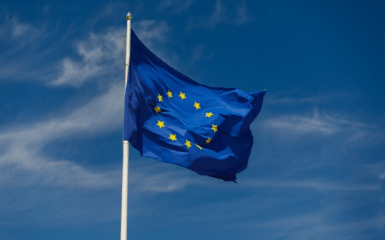The ambassadors of the European Union agreed on the 14th package of sanctions against Russia.
Points of attention
- The new measures include a ban on the transhipment of Russian liquefied gas and the liability of EU operators for sanctions violations.
- The 14th package of sanctions provides for restrictions on 21 Russian companies to weaken the Russian economy and military capabilities.
- The main goal of the new sanctions is to make it more difficult for Russian businesses to circumvent existing restrictions and to increase their influence on the Russian Federation.
What is known about the 14th package of EU sanctions against Russia
EU ambassadors just agreed on a powerful and substantial 14th package of sanctions in reaction to the Russian aggression against Ukraine, the message says.
At the same time, it is emphasized that the new package provides for new targeted measures and maximizes the impact of existing sanctions, closing loopholes.
The new measures include a ban on the transshipment of Russian liquefied gas and a plan to make EU operators liable for sanctions violations by subsidiaries and partners in third countries.
The day before, the mass media wrote that the EU could not agree on the 14th package of sanctions against Russia because Germany blocked it. Berlin demanded that the clause expanding the list of goods that they wanted to ban from selling to Russia to customers of EU companies in third countries be removed from the document.
EU sanctions against Russia
Since the beginning of the large-scale invasion of Ukraine, the European Union has already introduced 13 packages of sanctions aimed at weakening the Russian economy and military capabilities. Work on the 14th package of sanctions is in full swing, and it is expected to include new restrictions against 21 Russian companies.
In addition to strengthening sanctions, according to Lithuanian Foreign Minister Gabrielus Landsbergis, the new package is also aimed at making it more difficult for businesses to circumvent existing restrictions.
In addition, it was previously reported that EU ambassadors could not approve a new package of restrictions against Russia because Germany blocked it.




